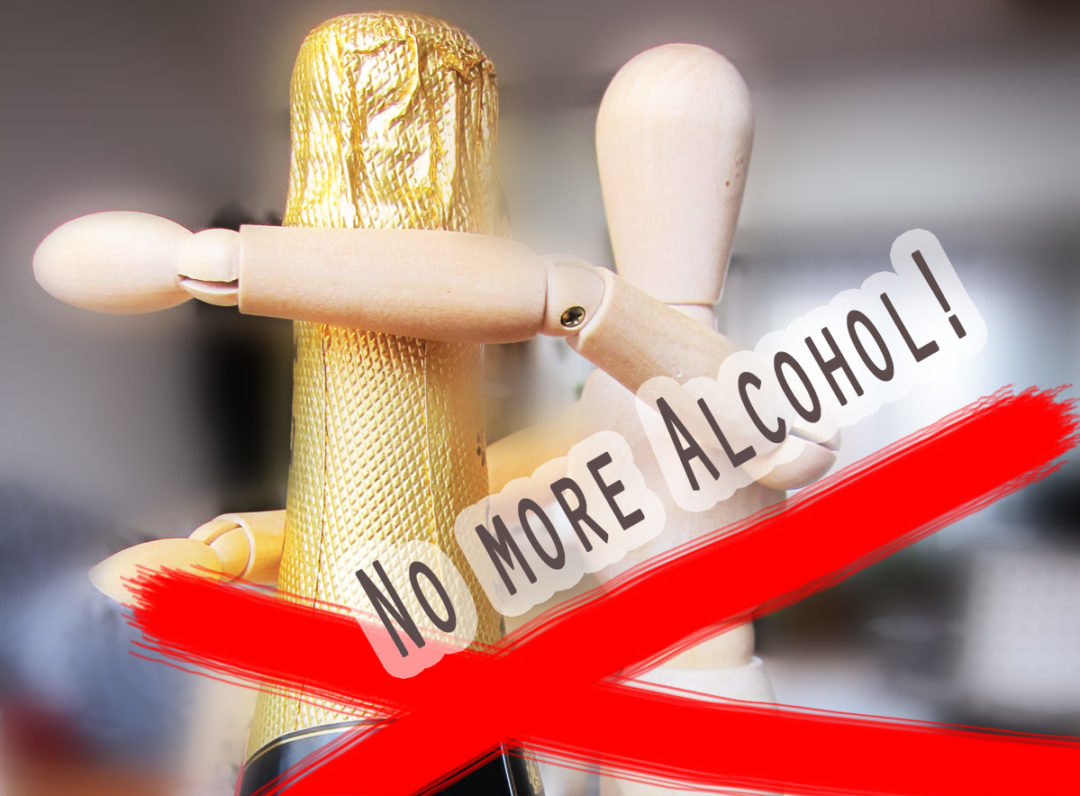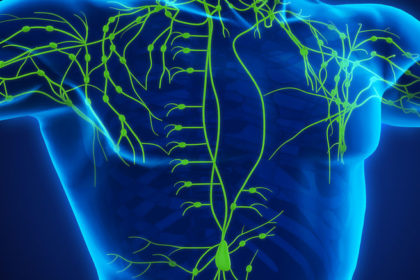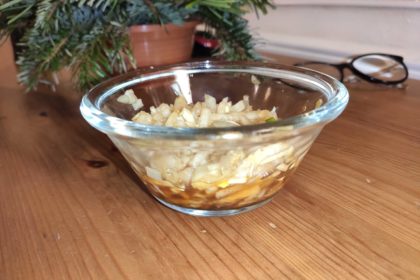Whether you’re concerned about a possible alcohol problem in yourself or somebody close to you, let’s first look at the most common signs of an alcohol problem:
- You don’t only drink in company, but also when you’re alone.
- You have had repetitive problems because of alcohol use – coming late, not showing up etc.
- You have to drink regularly before work. It is a problem to stay sober when you need or have to.
- You can’t refrain from drinking even when you know it’s putting you and others at risk – e.g. before driving, flying, during pregnancy etc.
- You know drinking is causing you health problems and yet you keep on drinking.
- You’ve hurt yourself and/or other(s) when drunk.
- You can’t control how much you drink – one you start, that’s it, you’re on a roll despite your bets intentions and protestations.
- You’ve had black outs.
- When you don’t / can’t drink for a while, you have withdrawal symptoms (sweating, nausea, shaking etc.)
- People warn you because you go crazy when you’ve had a bit to drink.
- You hide your drinking because people close to you are worried.
- Your nose and cheeks have become permanently red because of your drinking.
- Your doctor weeps for the state of your liver.
All of these things mentioned above point towards an area in your life that had better be addressed, otherwise you’re risking that it will get even worse and harder to confront. We wrote a bit about this at the end of this article, but for now, here are the things that will help you in your decision to reduce or annihilate your alcohol consumption.
NATURAL HOME REMEDIES
It is surprising to many people that there actually are ways to help relieve alcohol withdrawal symptoms and help the body to detox. If you turn to the medical profession, you will most usually get anti-anxiety medication. On this site, we steer clear. Many of the symptoms anti-anxiety medication or antidepressants are prescribed for are very often caused by nutritional deficiencies or states amenable by proper nutrition and/or supplements so it’s definitely worth a shot.
- NUTRITION
Long term alcohol consumption creates marked deficiencies in your body and those are very much responsible for the strength of the physical and many mental withdrawal symptoms. You want to provide the body with what it’s missing and take the edge of the cravings and discomforts.
A basis for nutritional supplementation is a good, healthy diet – try and eat lots of greens, good quality meat, try and listen to your body – it tells you what it’s in the mood for. Also try and avoid sugar. That way you won’t get those blood sugar spikes which tend to intensify your cravings.
Note – vitamins work with one another and taking too much of one while avoiding another may create a disbalance. Always take them with food, never on an empty stomach – they are better absorbed by the body that way plus eating some vitamins, for instance B-complex vitamins, on an empty stomach may bring about nausea or stomach aches.
B-complex vitamins. Alcohol consumptions burns through these vital vitamins a lot and you want to take them in generous amounts. Find a high potency B-complex tablets and pop them daily. Always use them after food.
B1 (thiamine) – this vitamin is especially needed if you’ve been drinking alcohol for a longer time. Drinking burns through obscene amounts of this vitamin and the lack of it is responsible for the nightmares, twitches and a lot of the anxiety, so take it on top of your B-complex. 100 mg three times a day is a start. Most people find they sleep much better after B1, but some have problems falling asleep with it – see which group you fall into, if you want, you can take B1 in the afternoon.
B3 (niacin) – a great detox vitamin. Among many other beneficial effects, it will also help stabilize your mood. Start with 100 mg and gradually go up to 500 mg – and prepare yourself, because you will experience skin symptoms not unlike sunburn – hot, flushed skin, intense prickling – but these should be gone within an hour and are actually helpful. Not a good idea to take this vitamin before bed though J
B6 (pyridoxine) – known to relieve anxiety. You don’t need to supplement this one extra if you’re using high potency B-complex, but you’ll give yourself an extra boost if you eat fish, liver or yeast.
Calcium/Magnesium – we recommend using these in the form of CalMag – Calcium and Magnesium in 2:1 ratio, ideally bound together by apple cider vinegar (on which more below). This is available either as powder that you dissolve and drink, or in tablets. You should use this during the day, but definitely before sleep. Withdrawal from alcohol usually leads to difficulties sleeping and CalMag relaxes you nicely and helps you fall asleep quicker, and sleep deeper and longer.
Vitamin E – this vitamin is also usually depleted in people with alcohol history. It provides wonderful protection against free radicals and will help you get better faster.
Vitamin C – alcohol unleashes free radicals in your body. Vitamin C (similarly to coconut oil and vitamin E below) helps protect your cells and undo the damage done. It also gives you energy and is part of many vital processes in your body. Best form of vitamin C is natural, since vitamin C is actually a vitamin C complex and isolating one part of it (ascorbic acid) doesn’t work as well as it could. You can therefore either use vitamin C tablets together with a natural source of vitamin C (bell pepper, lemon etc.) or choose a natural supplement (sea buckthorn extract/syrup etc.). A good solution is 2 teaspoons of apple cider vinegar and 2 teaspoons / juice from half a lemon mixed into a glass of water – see apple cider vinegar below.
- HELPFUL BOOSTERS:
Apple cider vinegar (ACV) – ACV is basically what happens when apples meet yeast, it’s as simple as that. Studies agree – apple cider vinegar lowers and levels out your blood sugar and improves insulin sensitivity. Since alcohol is basically a sugar and your body is so used to it by now, reducing blood sugar level will help reduce the cravings. The principle is that it helps keep your blood sugar levels even, avoiding blood sugar peaks and plunges – the plunges being the time when you crave alcohol (or chocolate) the most.
If you opt for the organic raw variety with mother apple, you will also get the benefit of the probiotics contained therein. As an added bonus, ACV helps prevent diabetes, a real danger for people with alcohol problem; it will improve your muscle efficiency, boost your immune system, help lower your cholesterol and blood pressure if that is an issue, and brings many other benefits.
And last but not least – it kills candida – a fungus connected to craving sugar or, in another guise, alcohol.
Optimum usage is twice daily, ideally before meals or when you most feel like hitting the drink.
There are things to watch out for:
- Don’t drink it undiluted. Some people claim they do it and are fine, but dilution is way safer for your teeth, mouth and esophagus.
- Don’t go regularly above 2 tablespoons per day. You know, too much of a good thing etc.
- If you have diabetes and are using diabetic medication, it could team up with ACV and bring about hypoglycemia – extremely low level of blood sugar. Consult your doctor on best ways to combine these two, i.e. when to use ACV to avoid this.
- If you are a type 1 diabetic and suffer from gastroparesis, see how ACV works for you and stop using it if it worsens the symptoms. It slows the emptying of the stomach – this is partly how it reduces the blood sugar levels – and since this is pretty much what gastroparesis does, be watchful if you experience a worsening in bloating, heartburn etc.
- Apple cider vinegar contains acetic acid – and being an acid, it can cause damage to the mucous membranes lining your mouth, throat, esophagus etc. and contribute to tooth enamel erosion – if you’re using it in tablet form, ALWAYS wash it down with enough water, if you’re using it as liquid, always dilute it very well. It’s also a good idea to rinse your mouth with clean water – although it’s recommended to do this after every meal.
- Do not use ACV if you’re also using medication that affects potassium levels (for example diuretics, Digoxin/Lanoxin).
- Apple cider vinegar can thin your blood – which could be a problem if you’re already on blood-thinning medication or if you know you have a problem with blood clotting.
We’ve agreed we liked ACV most in a mixture of two teaspoons ACV, two teaspoons lemon juice (or just squeeze in half a lemon) in a glass of water (still or sparkly) – very refreshing and even for people who dislike it with a vengeance, this was a very easy-to-like mixture. You can also use it in salad dressings, smoothies or however else you fancy.
Coconut oil – basically it helps rebuild what alcohol burns down. Drinking releases lots of free radicals in the body which do considerable damage, leading, for example, to inhibited glucose metabolism in the brain (which leads to the body demanding more alcohol so the brain would get its energy) plus increased insulin resistance – again, the body demands more alcohol that it could turn into sugar. The fatty acids in coconut oil boost brain glucose metabolism, making the cravings milder. And just like apple cider vinegar, coconut oil kills candida – the fungus powering up sugar/alcohol cravings and withdrawal symptoms.
The great thing about coconut oil is that it’s yummy, so using 2-3 tablespoons daily shouldn’t be a problem, you can cook with it, add it to your salad, put it in your hot chocolate or white coffee, simply eat it off a spoon – whatever floats your boat.
L-glutamine – this amino acid will help reduce your cravings. It helps stabilize your mood and increases your serotonin levels – which is also why you shouldn’t combine it with any anti-anxiety or anti-depression medication. Spirulina is a good general source of amino acids too.
Milk thistle – seed extract from this plant will make your liver considerably happier. You can use it three times a day 250 mg or as your doctor or the packaging suggests. Though it is very good for your liver and helps it regenerate, it will not cure serious existing conditions such as cirrhosis.
Kudzu – this herb has been used in China for centuries to help reduce alcohol consumption and alleviate withdrawal symptoms. Its workability is supported by studies. You should be taking 2500 – 3000 mg per day split into several doses.
Exercise – it really helps. It keeps you motivated, speeds up your progress, making you feel better about yourself, plus – being exhausted, sweating and wondering if you’re going to survive the next 30 seconds is a great way to forget your cravings.
Bioresonance or acupuncture – these can help reducing or quitting alcohol consumption considerably. We’ve described them more thoroughly in an article on smoking – here.
IN CLOSING
Drinking has become a part and parcel of life and while most people scoff at the sight of a human ruin staggering around in rags, reeking of stale alcohol and resignation on life, they scoff equally at somebody’s refusal to drink along. Alcohol is intrinsically bound into most things fun – meetings with friends, reunions, weddings, funerals, christenings… and sometimes, if you’re the everything-or-nothing type, you just have to go teetotal because there isn’t any other way.
Drink is traditionally and without further analysis recommended as a solution to all problems and emotional distress in movies, books, regular social interaction, etc.. Wife left you? Here, drink. You feel shy, weird in company? Here, drink. Boss was giving you a hard time at work? Come on, you deserve a drink.
But that isn’t going to handle whatever it is you’re trying to escape – and you know it, and the dormant guilt of that knowledge doesn’t help. So perhaps the first thing you have to realize is – there’s nothing wrong with you and you can handle it. You’re great. Seriously. You’re not flawed or weak or whatever for turning to the bottle. This was your chosen way of handling things – fine, the circumstances have changed, the balance shifted and now’s the time to take a new look at things.
Try and see what it is that is so hard in your life, what it is that the drink is helping with. If you already find yourself in the tow of things, look what was at the start of it. Crappy job? Unfaithful girlfriend? The mind numbing monotony of constant demands of the household that start anew every single damn day? It’s good just to take a good look at the root, without looking away, without trying to find excuses, blame, justifications, reasons – nothing like it, that’s pointless, just look at how it was and is. If there is something you can change right away and want to, go ahead. But just looking is good. And if you want to do something about it in this moment that drove you to this screen and this article, then you will, because this moment of determination and of wanting the good life is you. It is impossible to quit anything without a decision to do so that’s truly yours. We hope the possible remedies and advice we’ve put together will help you, and we’d love to hear from you.
All the best!




